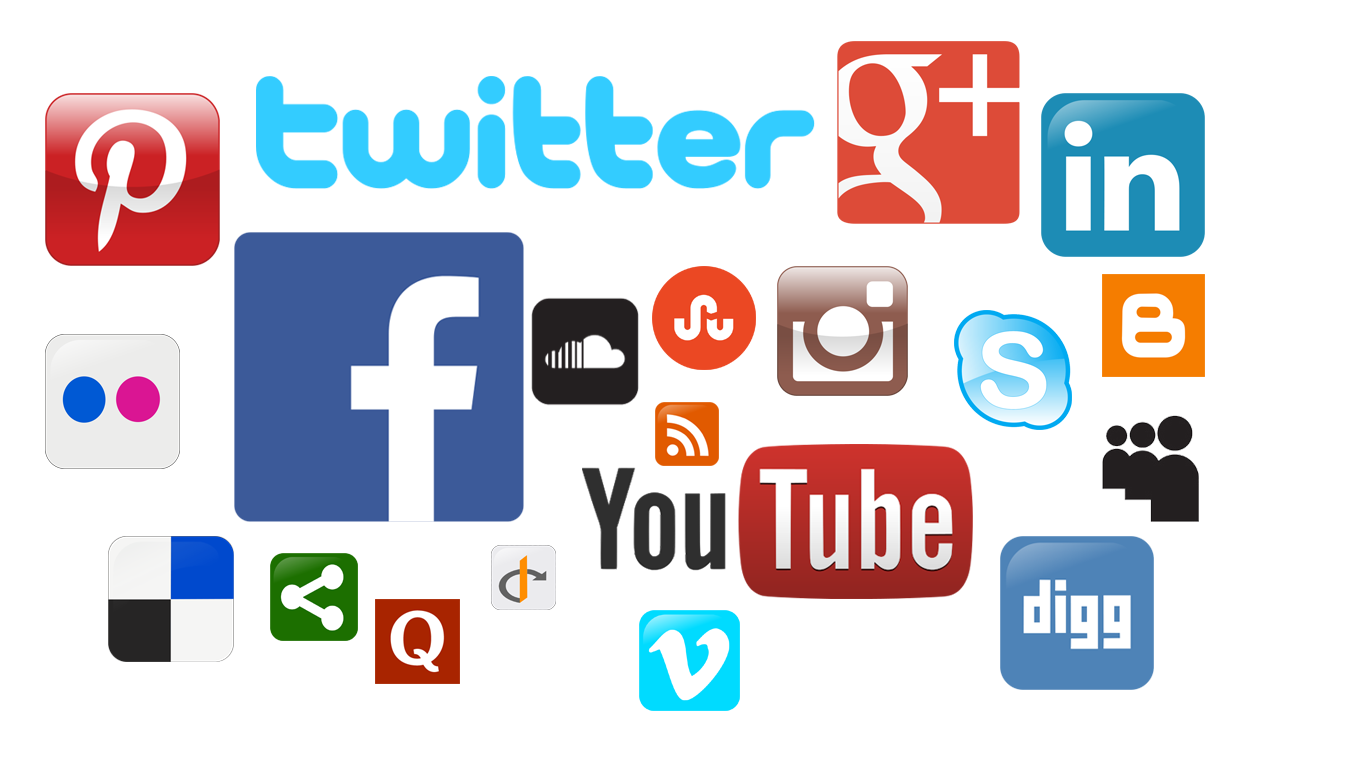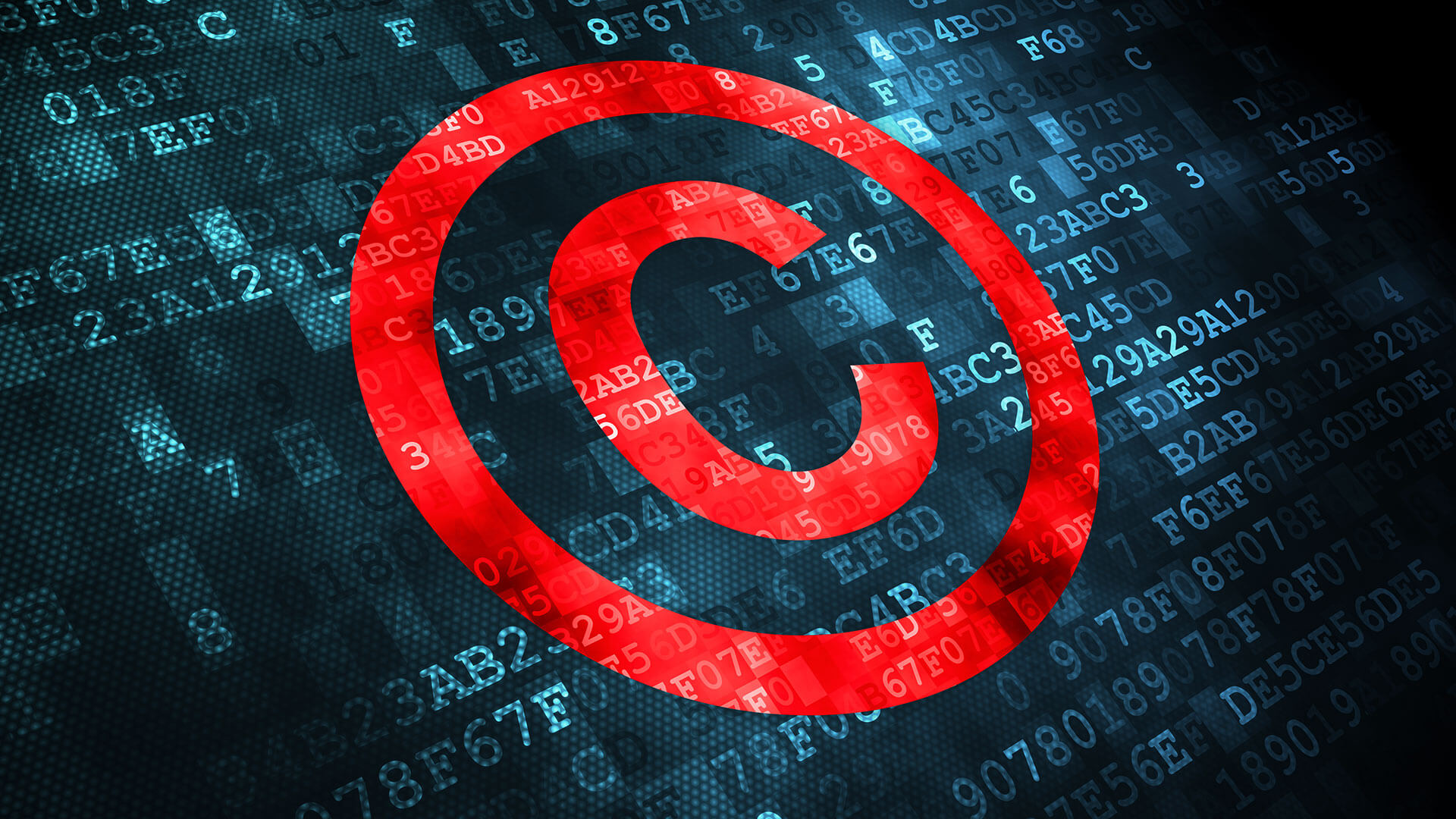Copyright was initially relevant primarily to published and sold works. The Internet has changed the way in which people seek and publish information, making it important to understand the ways in which copyright laws affect Internet use. Internet-based businesses and businesses that use the Internet for the promotion and publication of information should be aware not only of how to avoid copyright infringement but also of the protections copyright laws afford to website operators.
Copyright Law Basics
Copyright protection is automatic for any creative work that is created after 1978 and fixed in some tangible form. You don’t have to display a copyright symbol or register rights to your item for it to receive copyright protection. For this reason, you should assume all content on the Web is copyrighted unless it explicitly states otherwise. Copyright laws are federal laws, which means you generally have to sue in federal court if someone violates your copyrights. If someone from another country steals your items – an increasingly common phenomenon given the worldwide reach of the Internet – it can be extremely difficult to enforce your copyright protection.
Fair Use
The “Fair Use Doctrine” provides an exception to copyright laws for scholarly and educational purposes. Fair use permits people to take limited excerpts of works for articles, critiques and other public services. Parodies of copyrighted works are also generally protected. There is no standard excerpt that is permissible under law, and guidelines about fair use are relatively unspecific. If your small business has had copyrighted material copied from your website, courts examine the purpose of the use of copyrighted work, the financial effect the use has on the copyright holder, the degree to which an item was excerpted and the nature of the copyrighted work when determining whether a violation has occurred. For example, a person cannot excerpt a photo, so re-posting a photo from your website might constitute copyright infringement, but excerpting a line from a book you sale might not.

Digital Millennium Copyright Act
The Digital Millennium Copyright Act removes liability from websites whose users commit copyright infringement so long as the websites take the material down. This means that even if YouTube or Facebook allows you to upload something on your small business page, you could still be committing copyright infringement and the material can be removed. Some Internet users believe that if they state that no copyright infringement was intended they might escape liability. For example, people frequently re-post songs on YouTube with a disclaimer stating they are not violating copyright laws. This does not, however, absolve users from liability, so it is important to check the copyright status of any material you upload to a website.
Illegal Downloads
Illegal downloads have cost musicians, authors and other creative professionals millions of dollars. It is illegal to download or upload copyrighted material, such as books, songs and movies without the explicit permission of the copyright holder. The Recording Industry Association of America has sued many individuals for illegal downloads. If you plan to use music on your business website, ensure that you obtain the music legally and that you have permission to use the music.
Preventing Infringement
The simplest way to avoid infringing on another person’s or business’ copyrights is to seek permission to use anything that is not yours. Even using a photographer’s photo on a personal blog could constitute copyright infringement. If you are concerned about your copyrights being infringed upon, insert watermarks and upload material in formats that are difficult to copyright, PDF files. There is no guaranteed method for preventing infringement, but registering your copyrights and prominently displaying a copyright symbol can deter would-be thieves.

